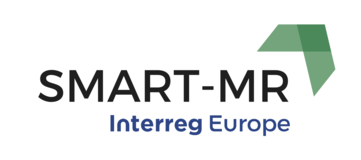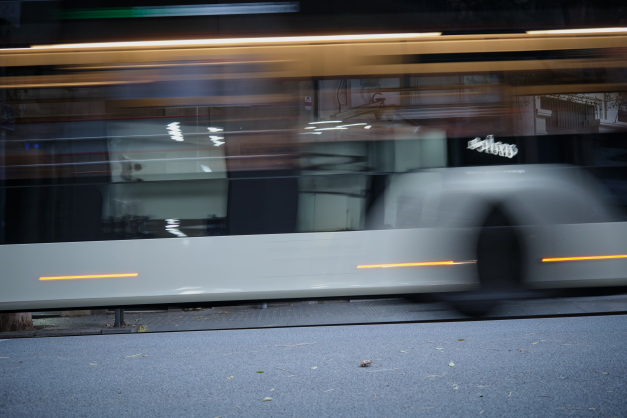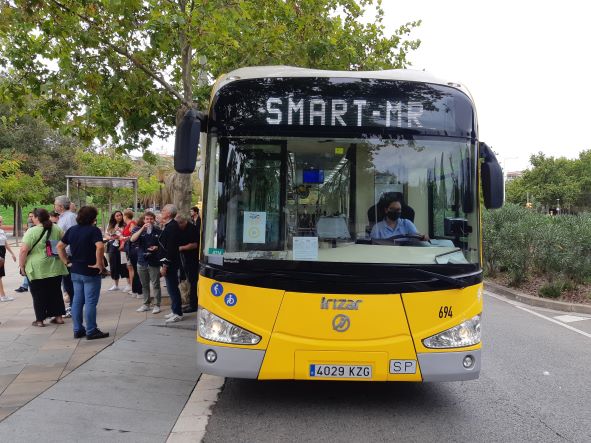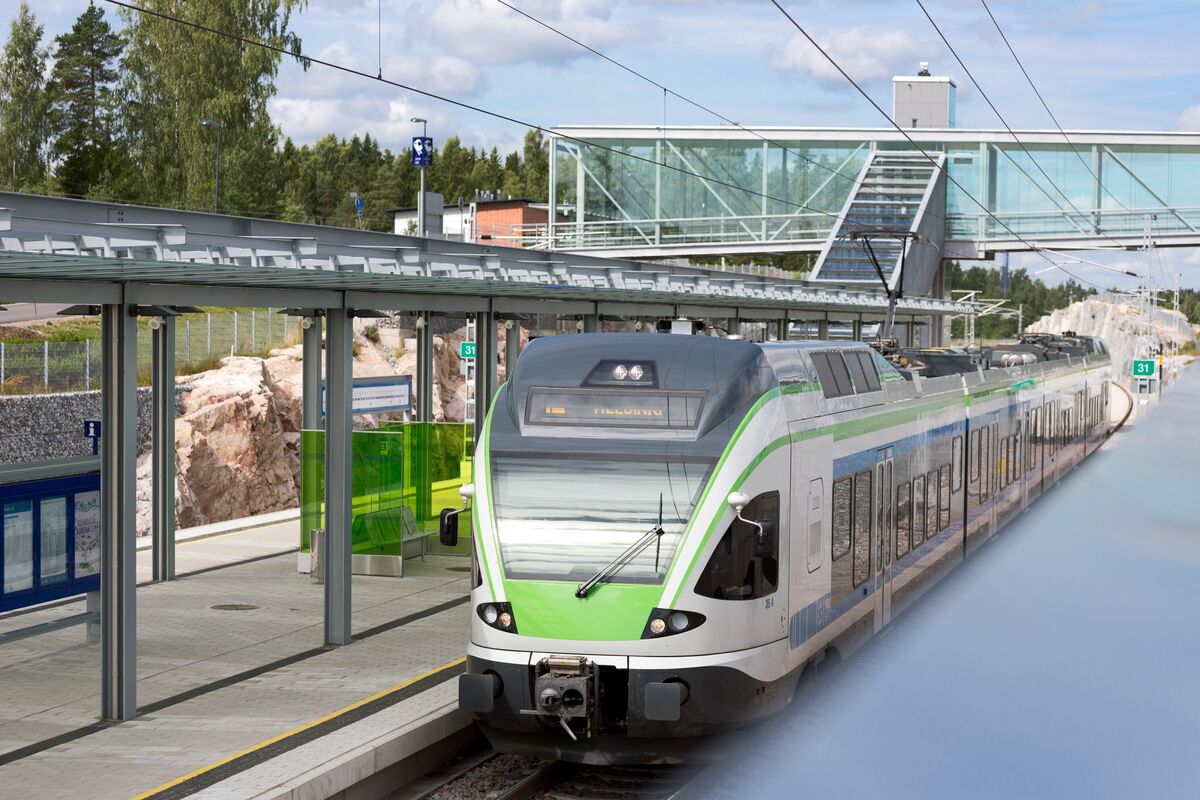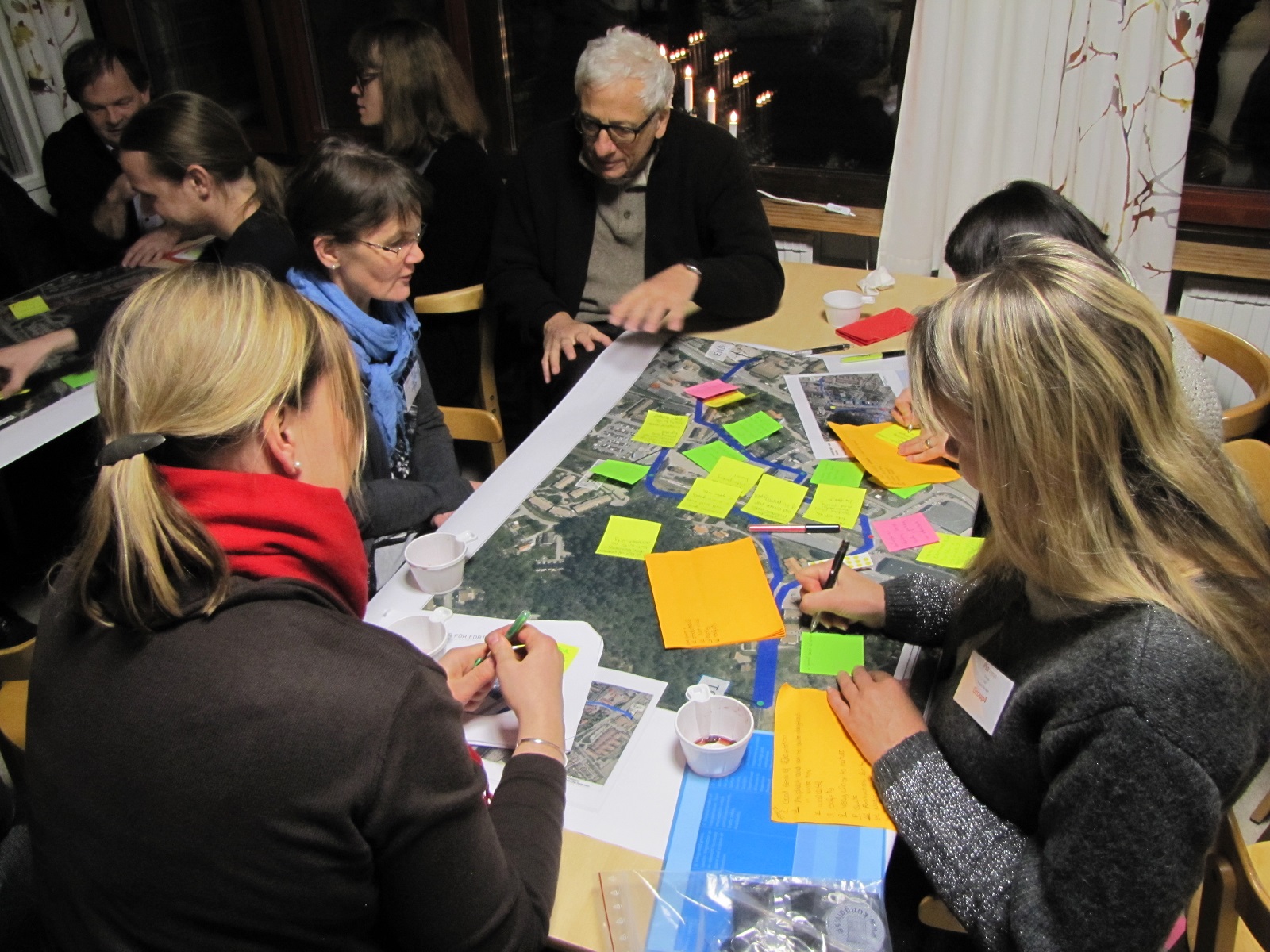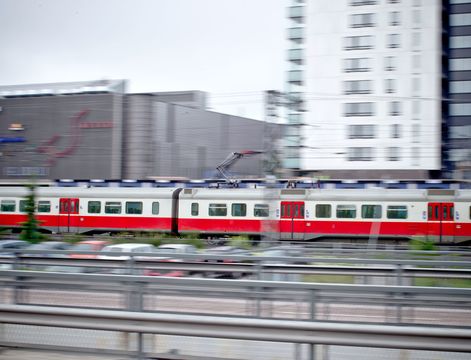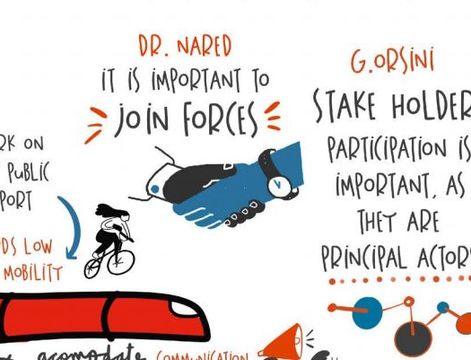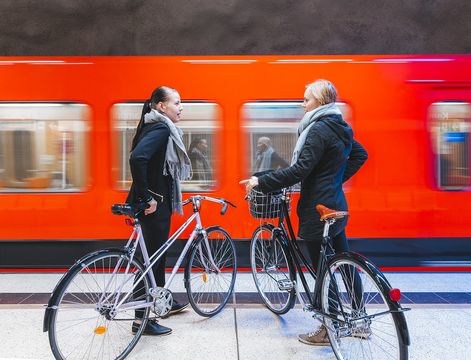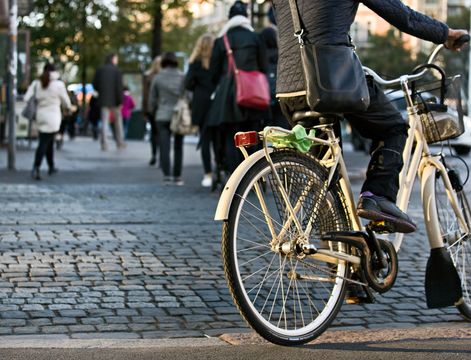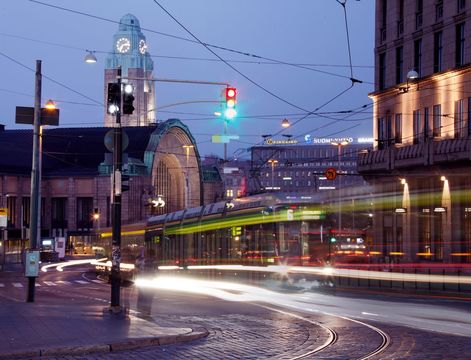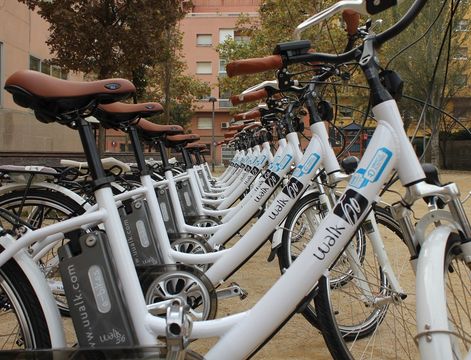The COVID-19 pandemic has challenged the organisation of the transport, changed mobility patterns and modal split, increased the need for the last mile logistics, and transformed the perception of living areas. The occupancy rate for public transport has decreased and the role of individual mobility modes has grown. To reverse these trends, the project partners from seven metropolitan regions (Ljubljana, Gothenburg, Helsinki, Budapest, Rome, Porto and Barcelona) will assess the trends and share experiences to help local and regional authorities in resetting the trends and mitigating the challenges posed by COVID-19.
The project partners will detect the unwanted processes and discuss adequate responses within interregional exchange of experiences. They will prepare an in-depth analysis of seven specific fields (one joint inventory) and organize seven subsequent e-workshops (eWS), each of them addressing one specific field: 1: Enabling e-participation (PP01), 2: Adapting the logistic to the new behaviour pattern-home delivery services (PP02), 3: Densification and mobility changes due to COVID-19 in station areas –processes (PP05), 4: Station Area Concept - reactions/responses (PP06), 5: Managing transportation - processes (PP07), 6: New and traditional mobility solutions in a Post-COVID19 world (PP09), and 7: Integrating COVID-19 experiences into (regional) mobility plans (PP08).
At the end, a physical workshop will be organized in Barcelona, holistically addressing the COVID-19 related processes and responses in metropolitan regions (PP10).
Results will be presented in two newsletters and integrated into regional policies (seven policy instruments – five regional SUMPs, one regional strategic document and one operational programme). Policy instruments will be adapted to new challenges triggered by the COVID-19 by transferring the lessons learned to a local level and by discussing them with the local stakeholders.
The SMART-MR project has received additional funding and prolonged until 30 September 2021.
